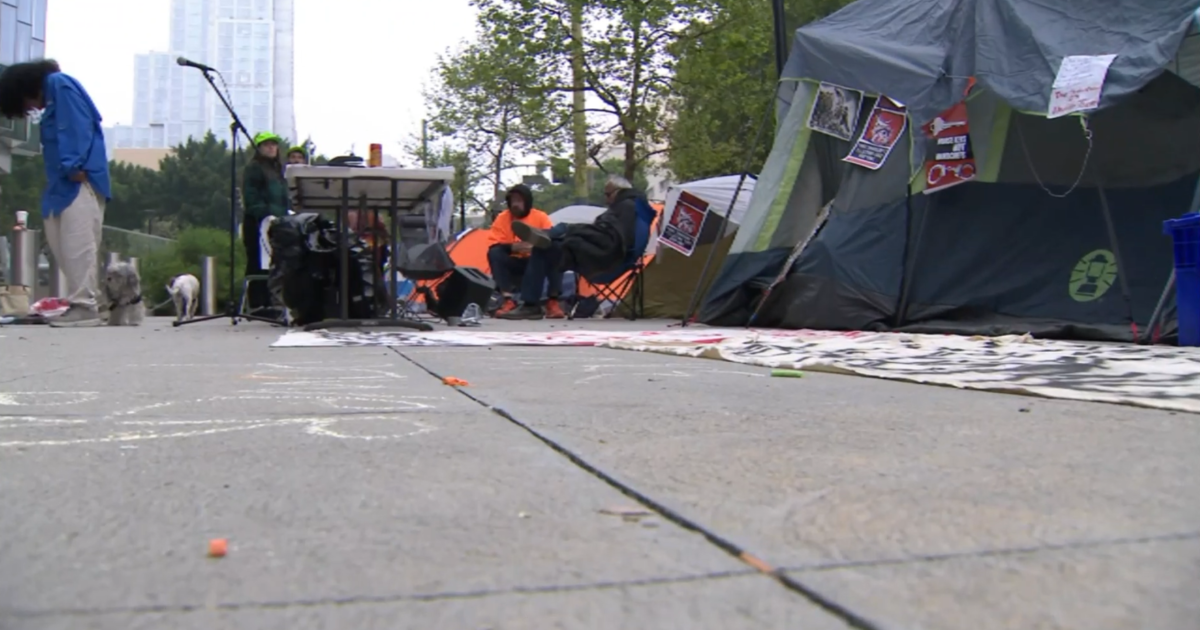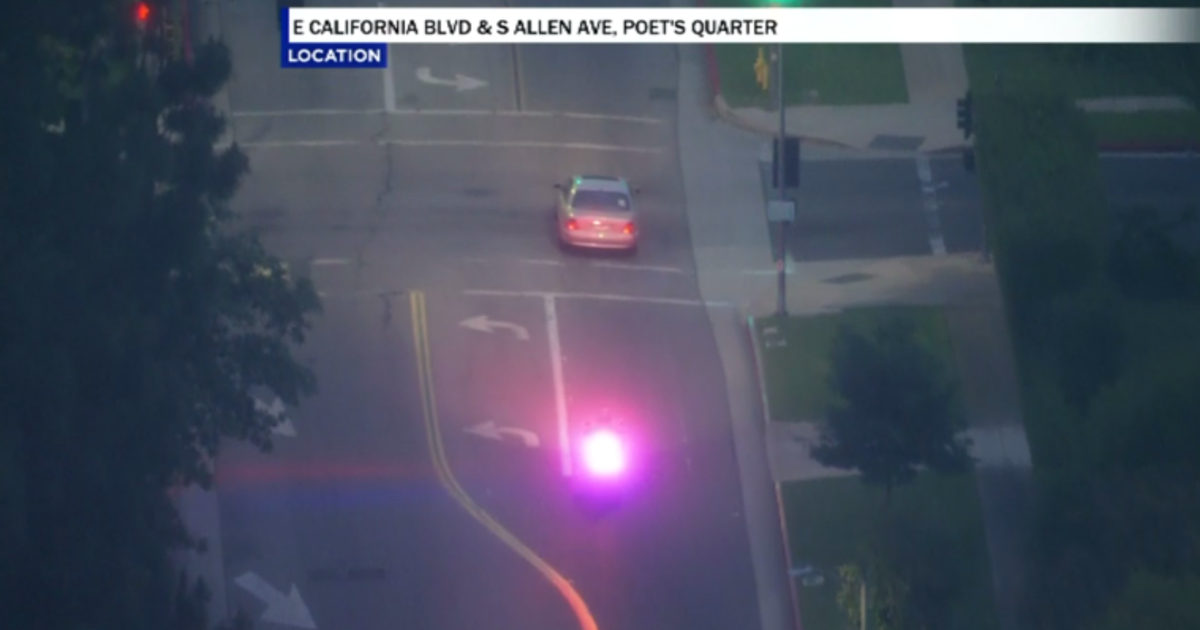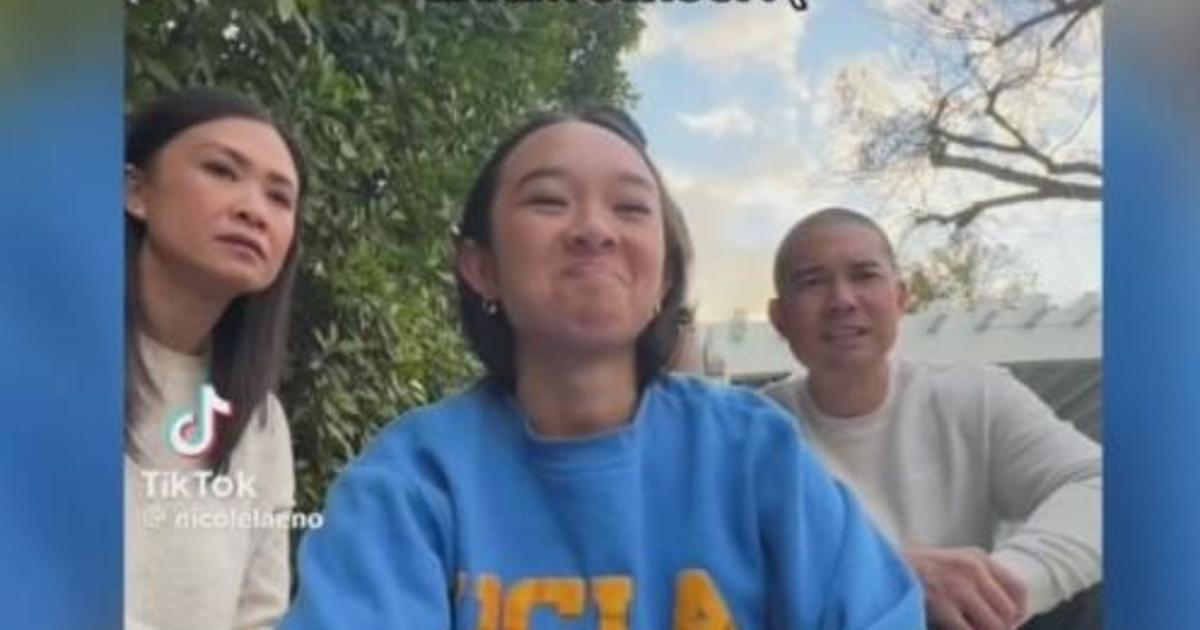Judges Extend Deadline For Reducing Calif.'s Prison Population
SACRAMENTO (AP) — Federal judges agreed Tuesday to extend an end-of-year deadline for reducing California's prison population in hopes of finding a long-term solution to an overcrowding crisis that has forced the state to spend billions of dollars to improve inmate medical care.
The ruling granted at least a temporary victory to Gov. Jerry Brown and leading state lawmakers of both parties. They had been fighting against an early release of inmates, saying it jeopardized public safety, and passed a law at the end of the legislative session earlier this month offering a $315 million compromise plan.
The three-judge panel granted the delay until Jan. 27 but said all parties must meet with a separate judge, who will make recommendations to the panel by Oct. 21. The January deadline could be extended further if enough progress is being made.
Tuesday's order was the latest development in a seven-year case centered on inmate medical care, which federal judges previously determined was so poor it violated prisoners' constitutional rights against cruel and unusual punishment. Overcrowding in the state's 33 adult prisons was found to be the main culprit.
The judges said the one-month delay and mediation process are intended to "ensure a durable solution" to the legal battle that led to a U.S. Supreme Court decision in 2011 upholding the federal court order.
In June, the judges gave the state until the end of the year to reduce the inmate population by an additional 9,600 inmates, but the Brown administration has appealed again to the high court. It says the federal judges are not adequately considering all the improvements the state has made to its inmate health care system.
One of the lead attorneys representing inmates in the case said he was hopeful the temporary mediation process would lead to a lasting population reduction and better health care for the state's inmates.
"We've been litigating this since November 2006, so a one-month delay is not really significant in that context," said Don Specter, director of the Berkeley-based Prison Law Office. "One month to figure out if we can get a sustainable solution to this whole program is well worth it, in my opinion."
The three federal judges are asking the parties to examine the status of Three Strikes inmates, elderly and infirm prisoners, those being held on immigration violations, juveniles and those considered low-risk. The judges have said previously they believe the state can release some of those prisoners before their full sentences have been served without endangering public safety.
Their order does not give the mediator authority to consider transferring more inmates to private prisons out-of-state, as the governor had previously proposed. Inmate attorneys oppose the out-of-state transfers because they take prisoners away from their family members, making transition back to the community more difficult when they are eventually released.
Transfers to private prisons within California or available county jail cells can be among the discussion points, according to the order.
The state corrections department responded with a statement saying it was reviewing Tuesday's order.
California already has lowered its prison population by about 40,000 inmates to comply with the court's order but must reduce it even further to the roughly 110,000 inmates the court determined is necessary to improve medical conditions.
Under a two-year-old law, offenders convicted of crimes considered non-violent, non-serious and non-sexual are being sentenced to county jail instead of state prison. Brown and his corrections secretary have said the state cannot release additional inmates without endangering the public because only violent and serious offenders remain in state prisons.
The law Brown signed earlier this month essentially gave the judges two choices. It authorized the state to spend $315 million to house inmates in leased private prison or jail cells, or it could spend a portion of the money on rehabilitation programs if the court agreed to a three-year delay that would give those programs time to work.
Senate President Pro Tem Darrell Steinberg fought with the governor over spending money to shift more inmates to private prisons and instead sought an expansion of rehabilitation programs and a three-year delay in the court's deadline.
In a statement, he said Tuesday's order from the three-judge panel represents an opportunity to change the dynamics of California's prison system.
"This is a moment in time where we can turn this expensive and ineffective freighter of our correctional system in a different direction," said Steinberg, D-Sacramento. "The state should spend only what is absolutely necessary on bed capacity. The majority of taxpayer resources in this area should be directed to proven ways to reduce the revolving door of offense, sentence, release, and re-offense."
(© Copyright 2013 The Associated Press. All Rights Reserved. This material may not be published, broadcast, rewritten or redistributed.)



